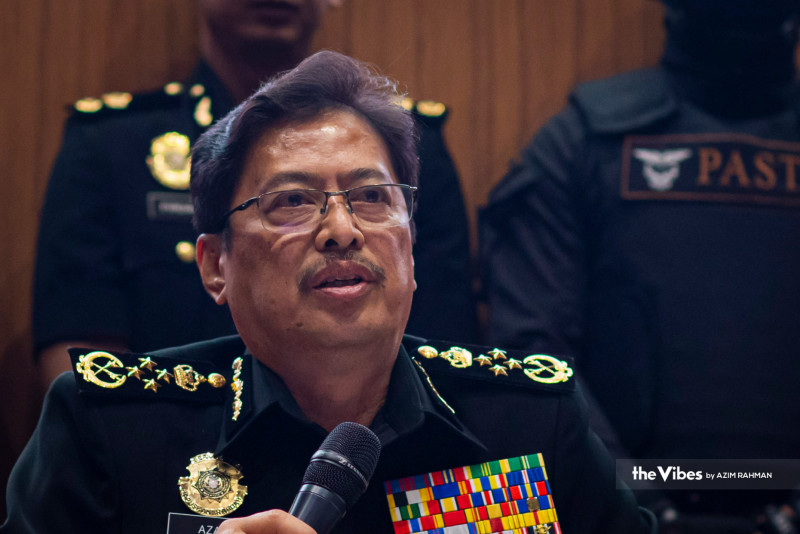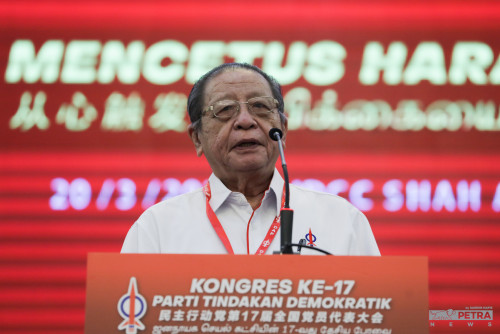KUALA LUMPUR – Parliamentary select committees (PSCs) should be used in appointment processes to ensure higher transparency and better checks and balances, said a think tank amid the brouhaha over Tan Sri Azam Baki’s reappointment as Malaysian Anti-Corruption Commission (MACC) chief.
Expressing concern over Azam’s reappointment, the Institute for Democracy and Economic Affairs (Ideas) said the move highlighted the need for the selection criteria to be more stringent, transparent, and consistent.
This comes after allegations surrounding Azam’s shares trading ownership, kindling doubts over his credibility, it added.
“The strict scrutiny of appointment processes, particularly for it to be more just and transparent, is a crucial element in restoring public confidence in the system, which has seen a substantial decline over recent years,” said Aira Azhari, senior manager of Ideas’ democracy and governance unit.
“The responsibility should then fall upon appointers to ensure that those appointed at the helm are individuals of high calibre.
“During the first Pakatan Harapan administration, the decision to establish the PSC on major public appointments was a good step forward towards improving transparency and accountability.
“Unfortunately, the PSC was not properly utilised as the practice of dubious political appointments continued among various government-linked companies.”
Aira also compared Malaysia’s appointment processes with the United Kingdom , where the latter has limited discretionary ministerial power, subject to the advice of an independent panel.
The process is made transparent and the public can participate in the appointment process of critical roles by attending pre-appointment public hearings by select committees, she added.
Annual reports on compliance with the relevant codes and principles and real-time updates on the selection process are also accessible to the public.
Meanwhile, Ideas’ deputy research director Sri Murniati said the timing of Azam’s reappointment can encourage Malaysia to address appointment issues more earnestly.
“As the government strives to implement more of the target initiatives set out in the National Anti-Corruption Plan (NACP) 2019-2023, the timing has never been more apt for Malaysia to take the issues surrounding the appointment process more seriously.
“With his re-appointment, we also urge Azam to prioritise and expedite the implementation of the NACP, as the deadline draws near.”
NACP’s several initiatives include introducing a policy on appointing politicians to curb political influence in the process, and having a base guideline for appointments.
Previously, Prime Minister Datuk Seri Anwar Ibrahim defended the government’s decision to extend Azam’s contract for another year, taking into consideration his conduct while carrying out his duties.
“He (Azam) was appointed during (former prime minister Tan Sri Muhyiddin Yassin’s) time.
“So far, I have monitored his performance and he has done (his job) well. On that basis, we decided to continue his service.”
Last week, the announcement of Azam’s contract extension courted backlash from certain quarters as he had previously been embroiled in controversy over his ownership of shares in two public-listed companies.
Azam has consistently denied any wrongdoing, claiming that the shares were bought by his brother, Nasir Baki, who used his trading account with his consent.
Addressing the Dewan Rakyat in March, Anwar said he had decided against replacing Azam to break from the convention where the head of the anti-graft body is changed whenever a new prime minister is sworn in. – The Vibes, May 19, 2023

























